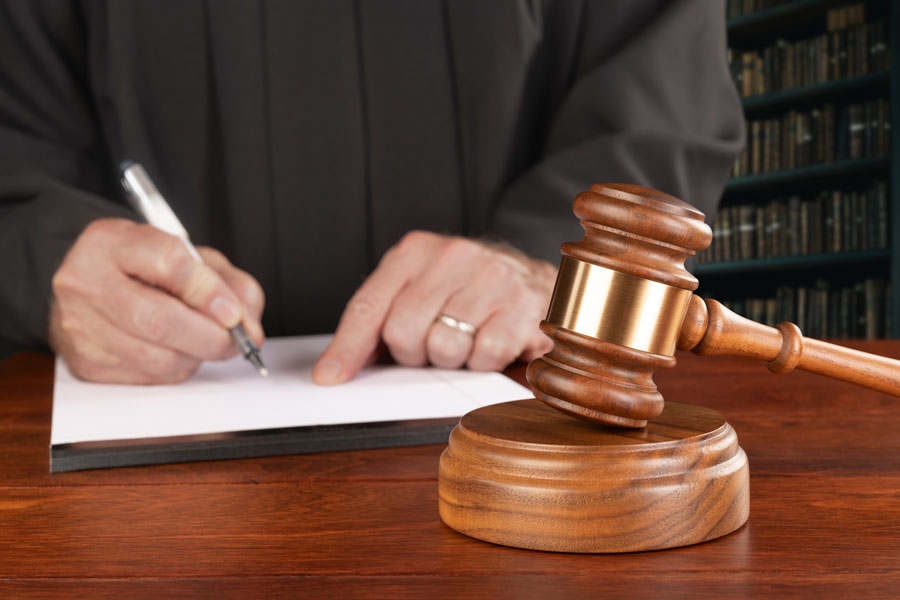Who Pays the Bills? Detailed overview of how your personal injury settlements are distributed. A…

Negligence & Auto Accidents: What You Need To Know
Most automobile accident personal injury cases are brought on the grounds of negligence. Negligence consists of four essential elements:
- Duty: The defendant owed a legal duty to you under the circumstances;
- Breach: The defendant breached that duty by acting or failing to act in a certain way;
- Causation: It was the defendant’s actions (or inaction) that caused your injuries; and
- Damages: You were harmed or injured as a result of the defendant’s actions.
As your attorney, we must prove each and every element of the case to win in Court. Likewise, in order to reach a satisfactory settlement, we must be able to convince the adjuster that, if the case goes to Court, we will win. It is therefore helpful for you to understand what we are trying to prove, so that you can better understand what you can do to assist us in winning your case.
We must prove that the Tortfeasor was negligent. This is frequently done by showing that the Tortfeasor violated some statutes of law, such as laws regarding stopping for stop signs, proper following distances, or improper lane travel.
We must also prove that you were in fact injured. This is usually done through the introduction of medical records and testimony of treating physicians.
We must further prove that your injuries were caused by the Tortfeasor’s negligence. This is often the most difficult element to prove in a personal injury suit, particularly if you had pre-existing medical conditions or prior accidents. We must often enlist the help of expensive medical experts to testify to the causal relationship between the accident and your injuries.
In addition, to win the case for you, we must also prove two major components of the case: (1) Liability (whose fault was the accident), and (2) Damages (what injuries did the Claimant suffer, and how did the injuries affect your life). Liability is established through evidence of the dynamics of the accident. Witnesses and accident reconstructionists are useful to establish how the accident happened in difficult or complicated cases.
Damages are shown through evidence of the nature, effect and extent of the injuries you suffered. Medical testimony is often necessary to establish the nature and extent of the injuries. Testimony of your family, employer, and friends is very useful in establishing how the injuries affected your life.
You should keep in mind that we must focus on the elements that we must prove to reach a good settlement. Sometimes information that you may feel is important is not legally relevant – such as whether the other driver was drunk or texting at the time of the collision. These are issues you may wish to discuss with your attorney.
You should also be aware of the difference between proof and truth. Frequently the truth of the matter may not be provable under the Rules of Evidence. You need to trust your attorney to present the best possible case, concentrating on the legally important issues. Read more about negligence.
Your personal injury is just that – personal. And although your personal injury case has a number, you will be treated like a person throughout the process. By choosing the Law Offices of Steven D. Weier to handle your personal injury case, you are choosing the attention that is vital to your personal recovery, and the professional know-how that is crucial to your best possible settlement. Contact us today for your no-obligation consultation.



